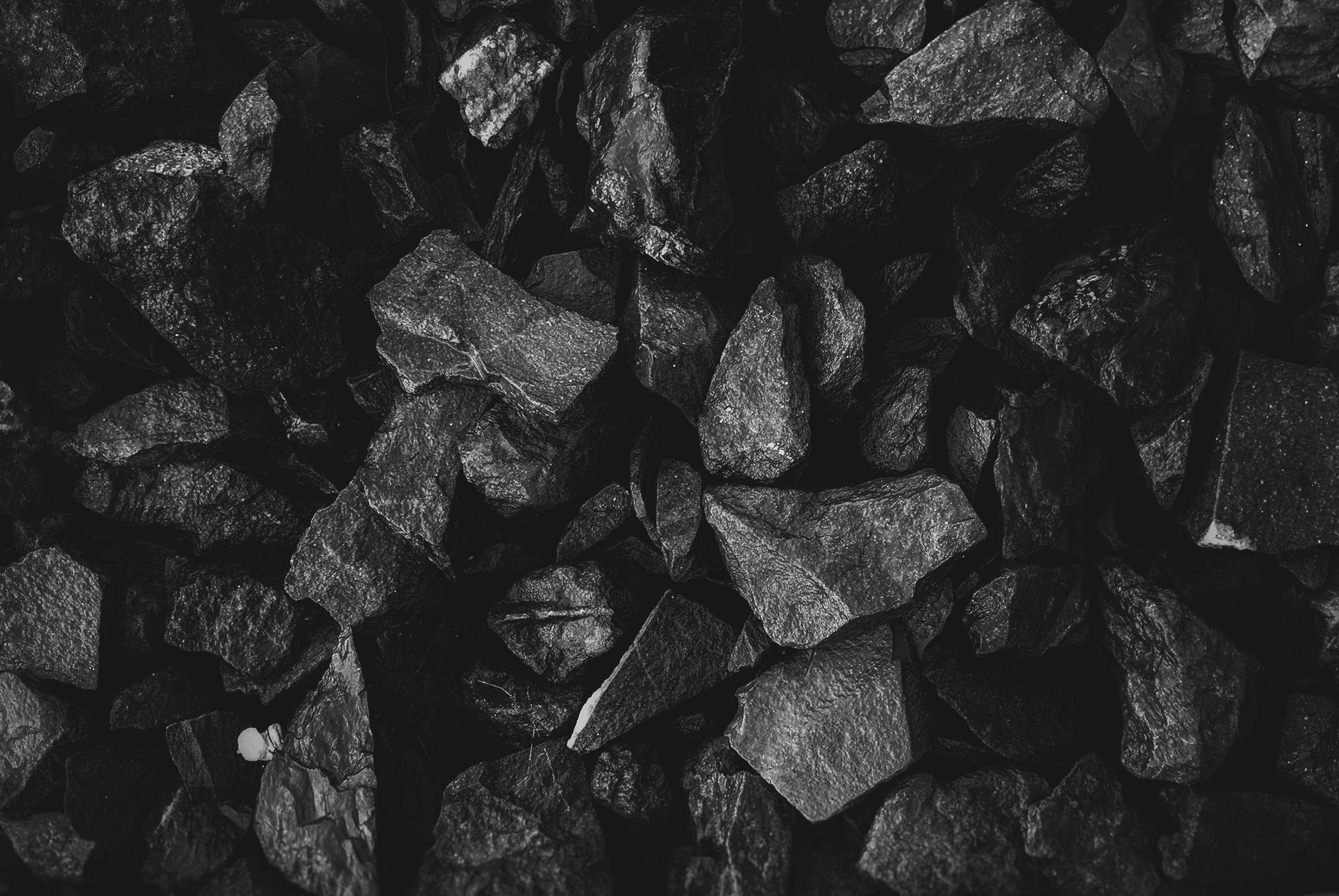Devil Work by Riley Passmore
Content Warnings: references to violence, gore, and classical depictions of Hell
I.
There is no blue here.
Let me make that clear.
No green. No still waters,
nor the fingers of leaves
outstretched. These are
too far above us, here.
Too far beyond our reach.
Here, there is only
the furnace. The lever.
The flayed scream of the
assembly line, the ka-thunk
thunk beat of its hammer.
Here, there is only
the color red.
II.
When I first awoke down here,
I thought I knew what Hell was.
I thought it was catching two bullets
to the head outside Kandahar, my
crescent-shaped skull bright white
in the rearview of my Humvee,
but it’s not. Hell isn’t war, not quite,
like the poets once wrote. Hell is me
and one hundred million other soldiers,
lined-up shoulder to shoulder, the once-
living pistons pulling the levers
and dropping the hammers
of the Devil’s great machine.
It makes sense, though, doesn’t it?
As a punishment, I mean?
What else would Hell be,
if not eternal work?
III.
We make the weapons here, that
is what we do: the pitch-forks
and the hewers, the skinners
and the pikes. We stamp them
out of steel, and quench them
in blood. In my time here,
I have armed who knows
how many wicked, wingéd
things, how many wicked
wingéd things that march
to the hammer’s beat. I wish
I could tell you that I get off
at five, that, at sundown,
the furnace cools and we get
to go home, but look, you fool,
at where we’re standing. I haven’t
had a break since that day in the
Humvee, since those two bullets
caught me in my seat. Hell, I ain’t
never had a break ever
in my whole, goddamn life.
IV.
Let me tell you what else is here,
what else rises and flows
beside the hammer:
a stairwell of six hundred
and sixty-six flights,
each step concealed
in riddle-rich darkness,
rivers of flesh and bone
filled
with the still-
writhing damned,
their screams the chorus
of some great and terrible thunder,
a storm not of lightning nor rain,
but of the wail that waits deep
deep inside the heart of every
sorry man. That is what is here.
This, and only this.
V.
Speaking of apologies, I was a soldier once. Did I tell you that? It’s so easy
to forget things down here, things as immaterial and temporary as a life.
I’m sorryis what most people say, once they realize
where they are. They apologize, even though apologies don’t mean much
down here, even though it’s far too late for them, anyway. Both them
and the apology, I mean.Look, I was good
at what I did. I took many from the world above, and, yes, not all of them
deserved the end that I wrought. But I was good at it. Just look at where
I am now.Feel free, if you’re a recruiter, to use my lines
as testimony.
VI.
If you wait by the river
long enough,
the bodies of your enemies
will float by
so sayeth Sun Tzu
in his famous
tome The Art of War,
and as luck
would have it, the man
who killed me
took his place in line
beside me.
Before his first pull
of the lever,
he extended his hand
and asked
Did you die for something
worth it?
Or did you die for nothing
just like me?
I told him I didn’t know,
and he said
he was sorry, sorry more
than anything.
VII.
The hammer rises, and
the hammer falls. The
conveyor belt squeals,
and the new recruit
settles in. He tells me,
like so many others
have before, that this
isn’t what he expected,
that, in his culture, men
get second chances even
when they’re dead. If that’s
what you truly think
you deserve, I say, and point
to the stairs across the way.
But you’ll be the first who’s
ever left of their own accord.
He stares at the hole
he blew through my skull,
and I stare through his.
We look to the stairs
leading upward into
rock, pull our levers
taught, and both wonder
where they lead.
